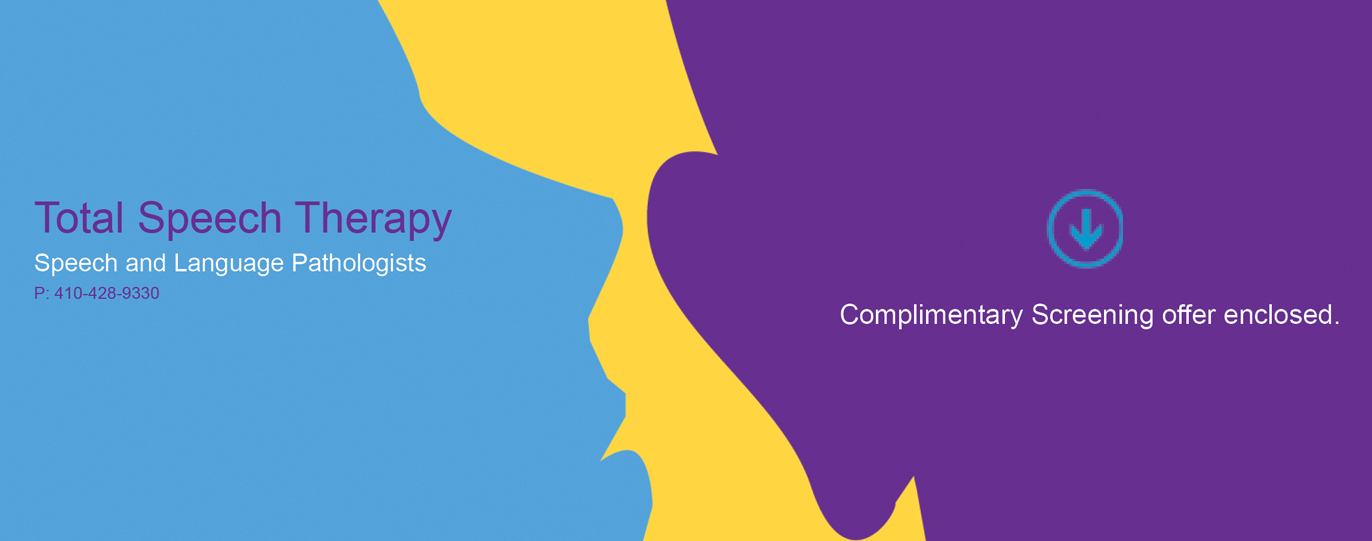Wouldn’t it be great if an ASHA certified speech and language pathologist could teach you how to identify a child who is exhibiting speech-language disorder?
Total Speech Therapy’s lead speech-language pathologist, Yasminah Abdullah, M.S., CCC-SLP, will be conducting complimentary seminars for teachers, caregivers, and healthcare professionals from August 28 to Nov., 15, 2014.
Each seminar will run for 45 minutes. During the presentations Yasminah will address the following topics:
- Speech/language development milestones
- Causes of speech and language problems
- An overview of speech and language disorders
- Therapy options available to your child
- Insurance and eligibility for speech therapy programs
By the end of the seminar, we hope to equip your staff with pre-screening basics and how to refer a child under your care to a speech therapy professional. The presentation is free of charge, and we will run these programs annually as part of our community outreach program.
To book a seminar date at your location kindly call Tel: 410-696-3301.



